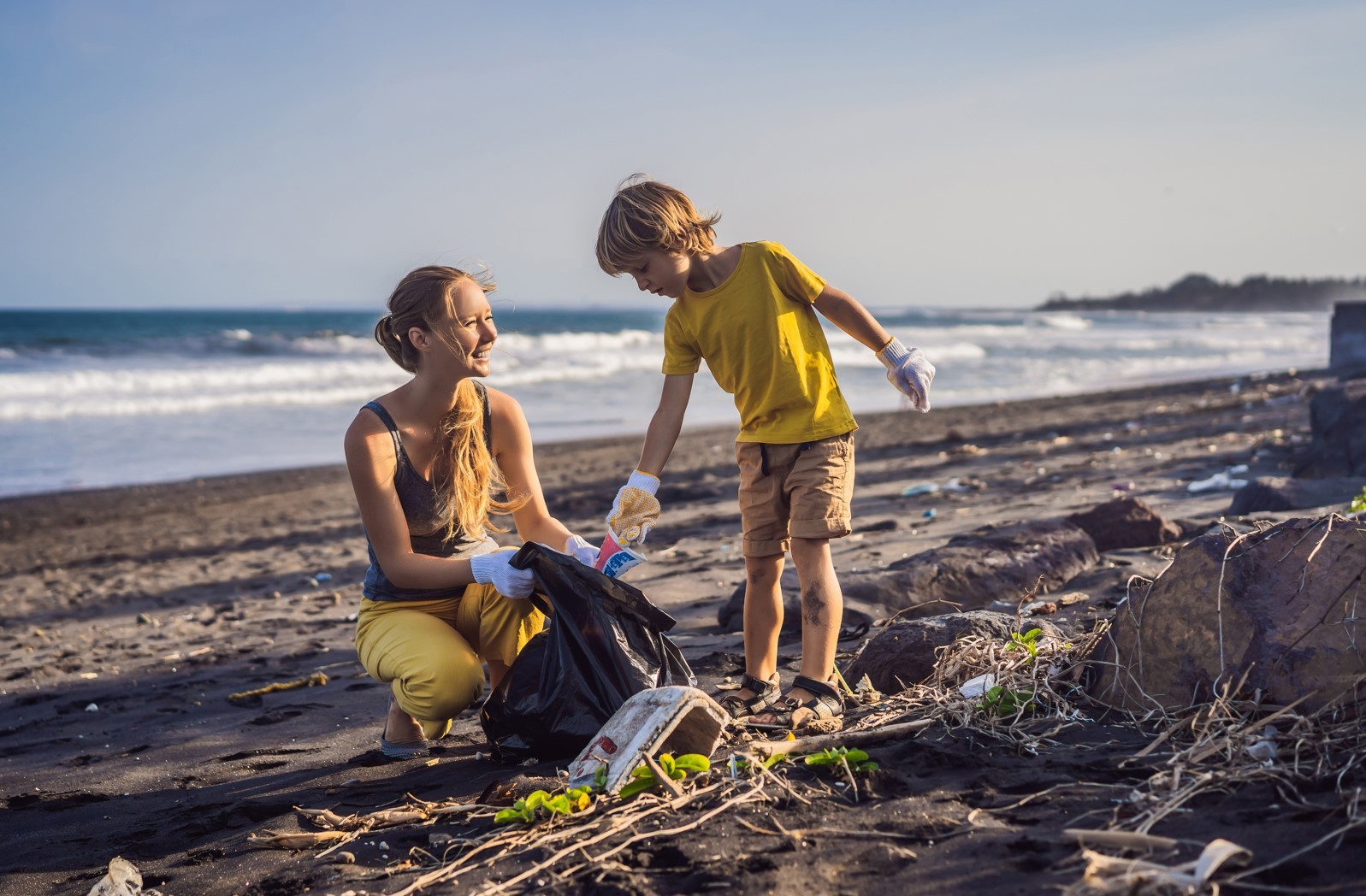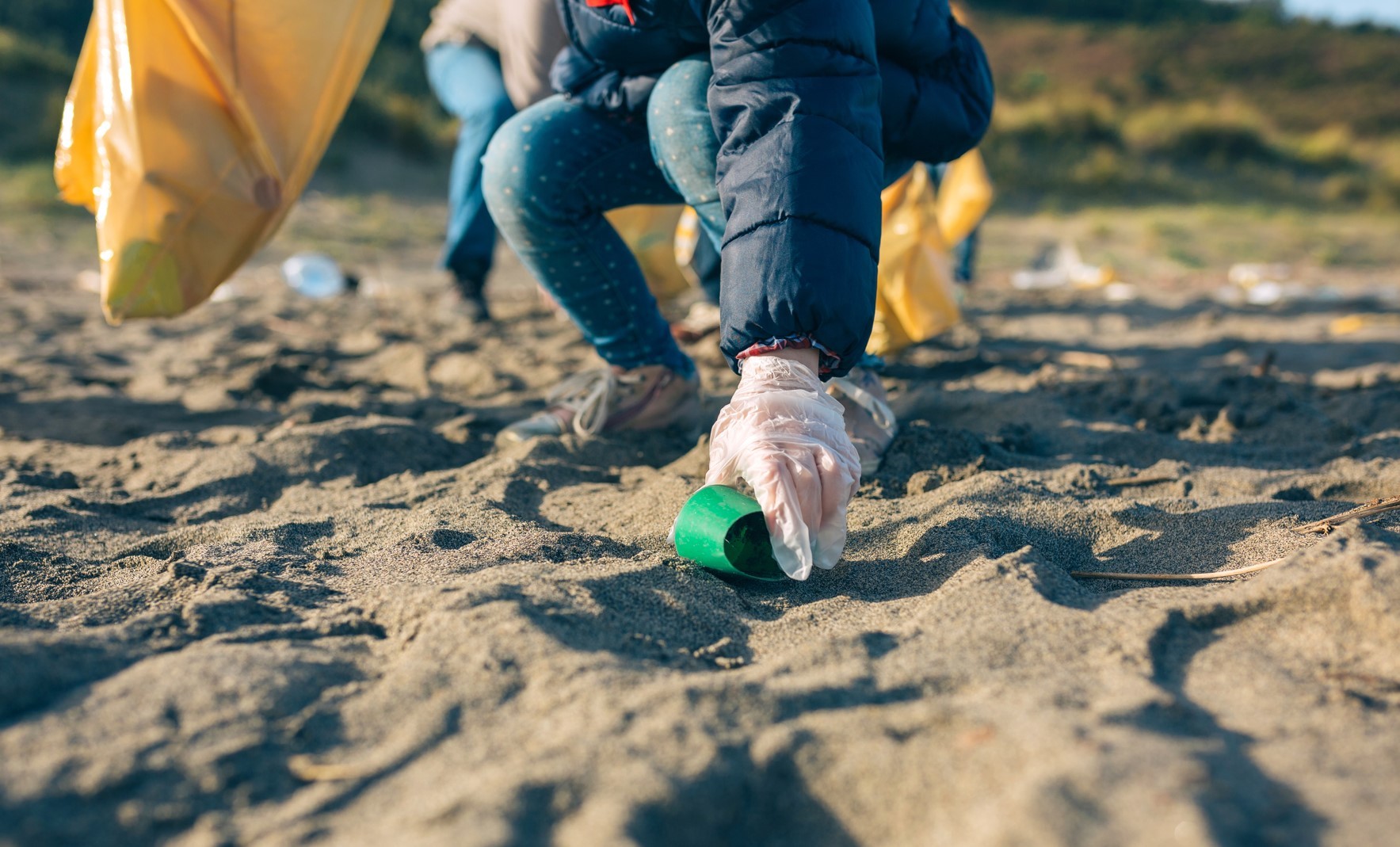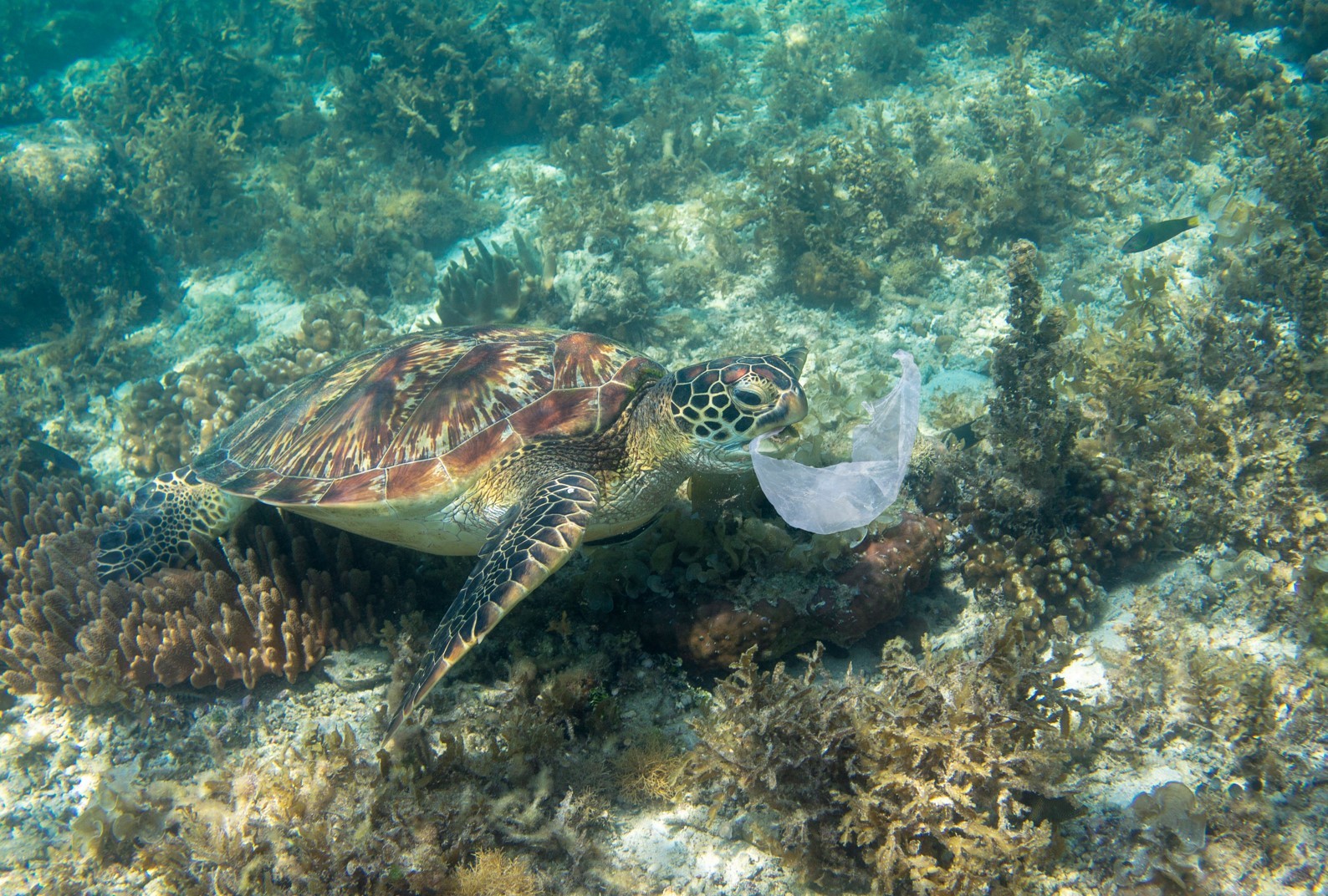Marine debris is a serious problem, impacting coastlines around the globe. Our marine debris program for 2022 is set to launch this month – giving you a chance to make a difference along Adelaide’s coasts.

Marine debris is the collective term for plastic and non-plastic litter items that impact our oceans, coastal ecosystems and sea creatures. This coastal pollution is a worldwide issue.
Plastic-based items are especially concerning. While single-use plastics offer convenience, their lightweight construction has contributed to widespread pollution from both land and sea sources, impacting on marine environments around the globe.
Read on to find out more about marine debris, and what you can do to help solve this pollution problem.

What is marine debris?
Marine debris, or sea litter, can include a range of plastic and non-plastic items, such as straws, bottles, food packaging, and even fishing waste.
Plastic makes up more than 84% of rubbish found on Australian beaches, and is a serious issue. In fact, circular economy advocacy organisation the Ellen MacArthur Foundation predicts that by 2050 there will be more plastic, by weight, in the ocean than fish!
What is the impact?
Litter that makes its way into the ocean can have a very serious impact on marine life. It causes issues if it is eaten by the wildlife, but can also cause harm through entanglement, meaning the animal gets caught in the waste.
Due to the lightweight nature of single-use plastic items, they can travel with ocean currents. Unfortunately, this means this plastic can have a widespread impact once it enters the water. It can transport invasive pests, such as unwanted larvae or spores that attach to the item, or contribute to chemical pollution.

What is the marine debris program?
Our marine debris program began in 2010 with an aim to reduce litter ending up in oceans and collect valuable data to help reduce plastic pollution at its source.
The program has established one of the longest-running and largest ongoing databases of marine pollution in Australia.
Alongside the physical removal of litter and clean-up of beaches, program participants complete a survey of what they find within a specific area of the coast, to help contribute to this database.
Over the years that the program’s been running, this data has provided valuable information on the issue of plastic pollution and is assisting with the development of a national threat abatement plan.
The program is focused on collecting data across Gulf St Vincent. In South Australia, this vital information has improved understanding of the key types and sources of marine debris that persist in local marine environments.
The information has already been used to inform and implement change through the South Australian Single-Use Plastic Ban, the Australian Commonwealth Marine Debris Threat Abatement Plan, and United Nations Global Agreement on marine litter and plastic pollution.
Our marine debris program operates in partnership with the Department of Climate Change, Energy, Water and the Environment and the CSIRO, and will assist in the building of the National Plastic Pollution Portal to better understand the impact and prevalence of this litter around Australia.
How can I get involved?
Our marine debris program relies on volunteers like you to assist us in collecting information.
We are hosting the marine debris program for 2022 across September and October. We encourage you to get involved in cleaning up our beaches and collecting vital data.
You can learn more about the marine debris program through our information workshops. These sessions offer a unique opportunity to learn about our coastal research and discover how to get involved with the marine debris program.
Upcoming workshops:
- Tuesday 20 September, 6 pm, The Joinery, 111 Franklin St, Adelaide 5000
Register by emailing Dr Kristian Peters.
Or, learn more about the marine debris program.